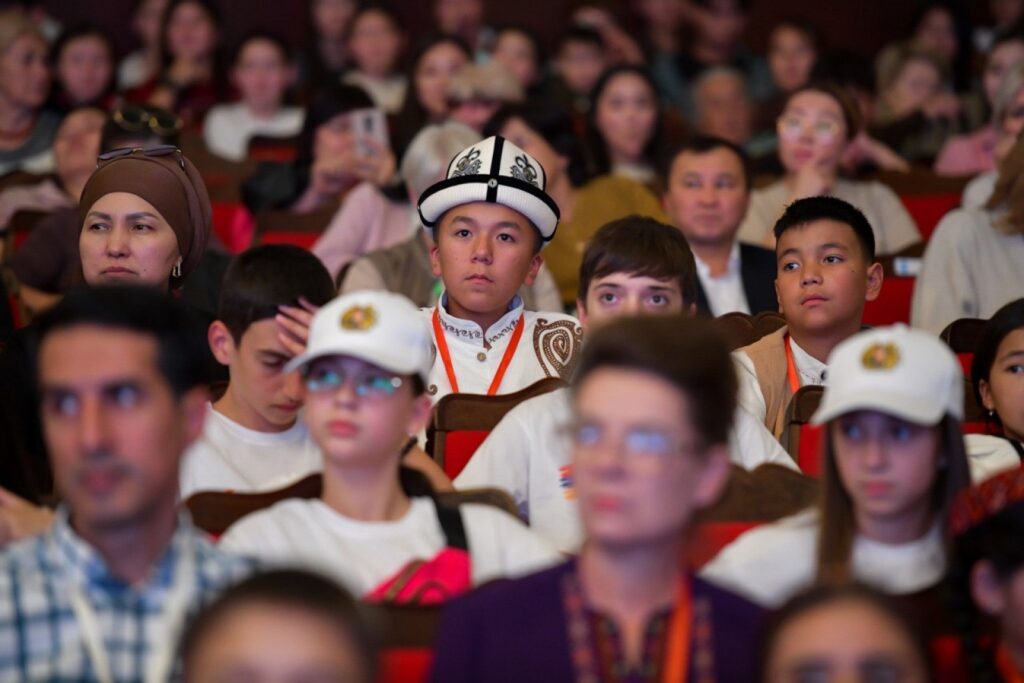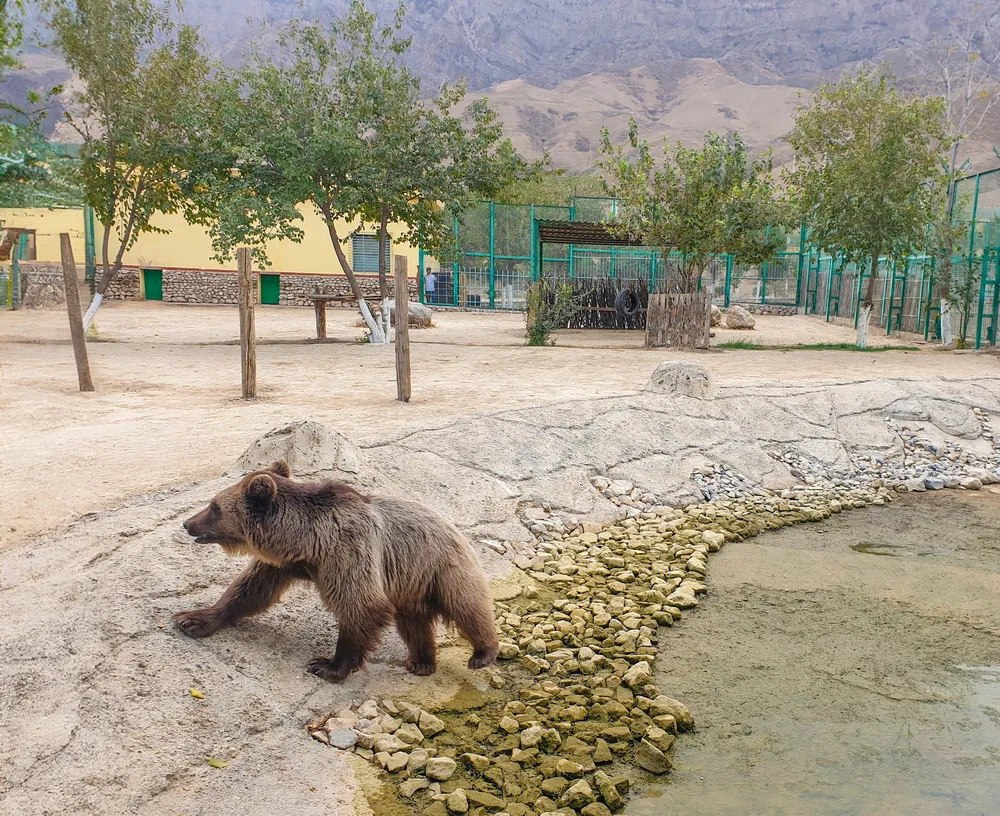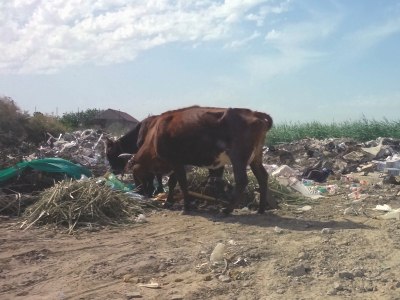Observers From 30 Countries Will Follow the Referendum on NPP in Kazakhstan
The secretary of the Central Referendum Commission, Mukhtar Erman, has announced that 177 international observers will monitor the referendum on constructing a nuclear power plant (NPP) in Kazakhstan. Erman specified that observers represent 30 countries and four international organizations. Major international organizations invited by Kazakhstan include the OSCE, SCO, CIS, and Organization of Turkic States; however, the OSCE will not participate due to its high workload. Deputy Foreign Minister Roman Vassilenko added that 200 foreign journalists from 37 countries, including international media representatives, will work on the day of the referendum. According to Vassilenko, this will ensure transparency and objectivity. The idea of holding the referendum, which will be held on October 6, 2024, emerged against the backdrop of regular problems with energy supply and the need to modernize infrastructure. An active debate has characterized the build-up to the referendum, a project supported by the authorities as a solution to combat energy shortages and carbon dioxide emissions, whilst some quarters of the population remain concerned about environmental risks and Kazakhstan's historical connection to nuclear testing.
4 months ago






